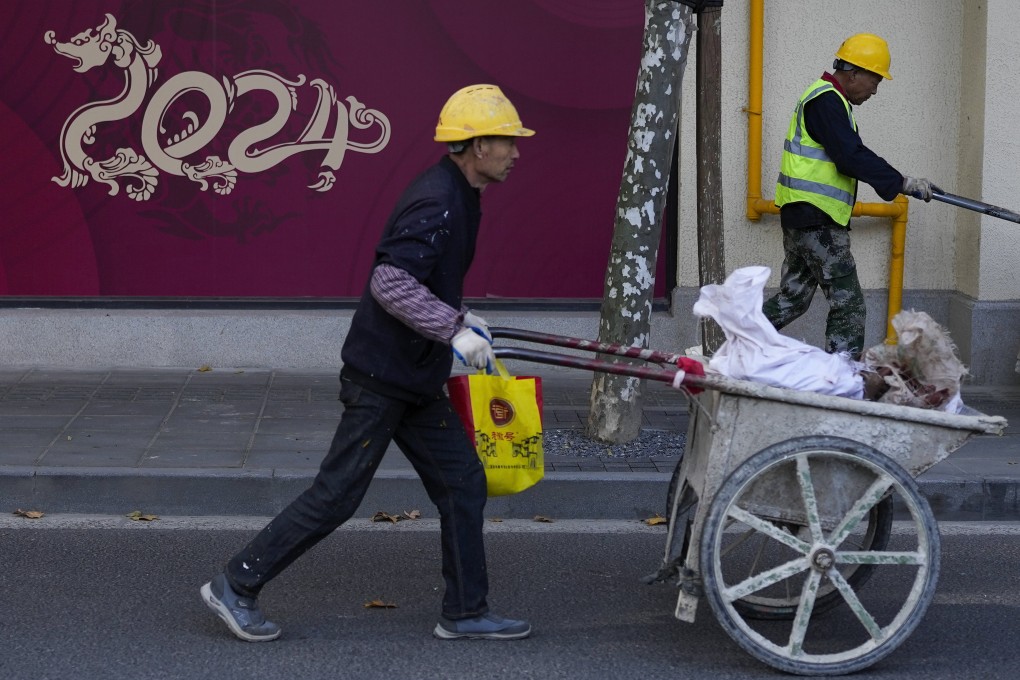Advertisement
Opinion | How can China’s economic confidence recover amid confusion and censorship?
- Those deciphering the readout of the latest central economic work conference could be forgiven for being confused about how Beijing will revive the economy
- It’s no wonder confidence is slow to recover, given the vague government messaging and efforts to silence critical commentary
Reading Time:4 minutes
Why you can trust SCMP
5

Much like global investors eagerly poring over the US Federal Reserve’s economic assessment statement for hints on the funds rate following its meetings, Chinese analysts approach the readout from China’s annual central economic work conference with a religious zeal, looking for changes to the wording and tone to get a sense of the economic priorities for the following year.
Following the agenda-setting meeting of China’s top leaders earlier this week, Chinese analysts have tried to make sense of the new phrase xian li hou po, which literally translates as “establishing the new before abolishing the old”. China’s leaders have recently introduced this phrase into the guiding principle for setting next year’s policy and reform agenda, which also includes wen zhong qiu jin, or “seeking progress while maintaining stability”, and yi jin cu wen, or “pursuing stability through growth”.
Some analysts are heartened by the introduction of the new buzzword, taking it as another clue that Beijing will give more weight to growth for next year as it tries to find a better balance between its dual targets of national security and development.
But many people seem unable to tell what that phrase really means. What is the “new” they want to establish and what is the “old” they want to abolish? Even the Xinhua editors responsible for English translation of the phrase and who are familiar with the thinking of the leadership don’t appear to be sure.
In the English readout from the Communist Party’s Politburo meeting on December 8, Xinhua translated the phrase into “prioritising development before addressing problems”. But the English version of the work conference statement included the translation “establishing the new before abolishing the old”.
In fact, the central government first mentioned the phrase in a Politburo meeting in July 2021 when they were worried that China’s decarbonisation campaign had led to a severe power shortage. Following that meeting, China has slowed the campaign by relaxing the pace of shutting down coal mines and transitioning to renewable energy. At the annual work conference in 2021, leaders continued to highlight that phrase in their readout, presumably in the same context.
Advertisement
